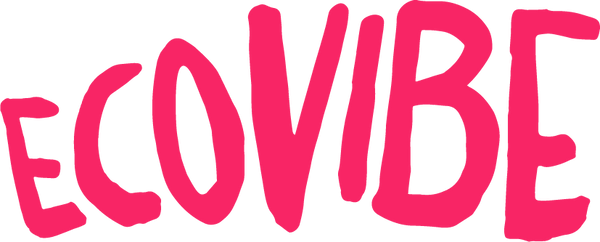We’ve seen a lot of heart-warming acts of kindness over the recent crisis and we want to keep it going. That’s why for our first week of ‘The New Normal’ we’re focusing on Kind. Kind to you, kind to animals, kind to the environment.
Here are our top three tips for choosing ‘kinder’ options.
1. Choose natural ingredients
Our skin is the largest organ of our bodies and does some very important functions, such as protecting us from bacteria, regulating temperature and storing our Vitamin D reserves. It’s important that we look after this crucial organ, but many ingredients in household products, cleaning products and cosmetics can cause or aggravate skin conditions.
Cases of skin conditions such as eczema, acne and dermatitis are more common than previously thought and cases are on the rise. Common skin irritants include:
- SLS (Sodium Lauryl Sulfate) is commonly found in body wash, facial cleansers, shampoos and even toothpaste. It is the ingredient which creates the bubbly, foaming consistency that many of us associate with effective cleaning. However, SLS can also cause nasty side effects, including skin and eye irritations, eczema and psoriasis, hormonal disruption and headaches.
- Ammonia, chlorine & sulfuric acid – these are ingredients commonly found in many cleaning products such as surface cleaners, bleach and drain unblocking products. Not only are these ingredients highly poisonous to humans and animals, but they also cause skin irritation and burns, along with breathing issues too.
What can I do?
- Look for SLS-free products – if you’re not sure whether a product contains SLS, if it foams up it probably does.
- Look for products containing natural ingredients and without harsh chemicals.
- If you find your skin is irritated after cleaning, use a hand moisturiser to ensure your condition doesn’t worsen.
2. Avoid products tested on animals
Testing on animals is still a very controversial and prevalent issue. Cruelty Free International works to end animal experiments across the world. They estimate that every year at least 115 million animals including cats, dogs, horses, and monkeys across the world suffer and die during testing carried out for research purposes.
Since 2013 it’s been illegal to sell animal-tested cosmetic products in the EU. This includes items such as makeup, perfume, soap, shampoo, deodorant and toothpaste. But’s that’s not the case all over the world. In China and the US, there are no laws banning the use of cosmetics tested on animals.
In fact, up until recently China required by law for cosmetics to be tested on animals before being allowed for sale in the country. At the end of 2019, the Chinese premier announced that China would be ending this law in 2020. Due to the COVID-19 crisis, this has since been delayed.
China’s mandatory animal testing means that many cosmetic brands, such as MAC and NARS, who retail in China must test their products on animals, despite claiming officially that they are cruelty-free.
What can I do?
- Look for symbols on products certifying that they are cruelty-free or vegan. Logos to look out for are:
- The Leaping Bunny Symbol (UK & EU)
- PETA approved – Cruelty-free (USA)
- Not Tested on Animals (Australia)
- Vegetarian Society Approved
- Certified Vegan
- Investigate the brands you buy with. Are they against animal testing? If you’re not sure and can’t find the information on their products, ask them.
- Donate to charities working to abolish animal testing.
3. Help to protect our important waterways
According to the WWF, about 40% of all rivers in England and Wales are polluted with sewage. Sewage pollution causes many problems to wildlife, such as rapid algae growth, which starves the river of oxygen that wildlife needs to survive.
The main problem causing pollution: wet wipes, sanitary products, plastic and chemicals being flushed down our drains.
What can I do?
- Switch to natural cleaning products – cut out the harsh chemicals. If they’re toxic to you and your family, they’ll be toxic to wildlife too.
- Switch to re-usable wet wipes and makeup pads instead of disposable.
- Switch tampons and pads for a menstrual cup instead – you’ll save thousands of period products over your lifetime, along with a good amount of money too!
Next up: The New Normal is Supportive.

